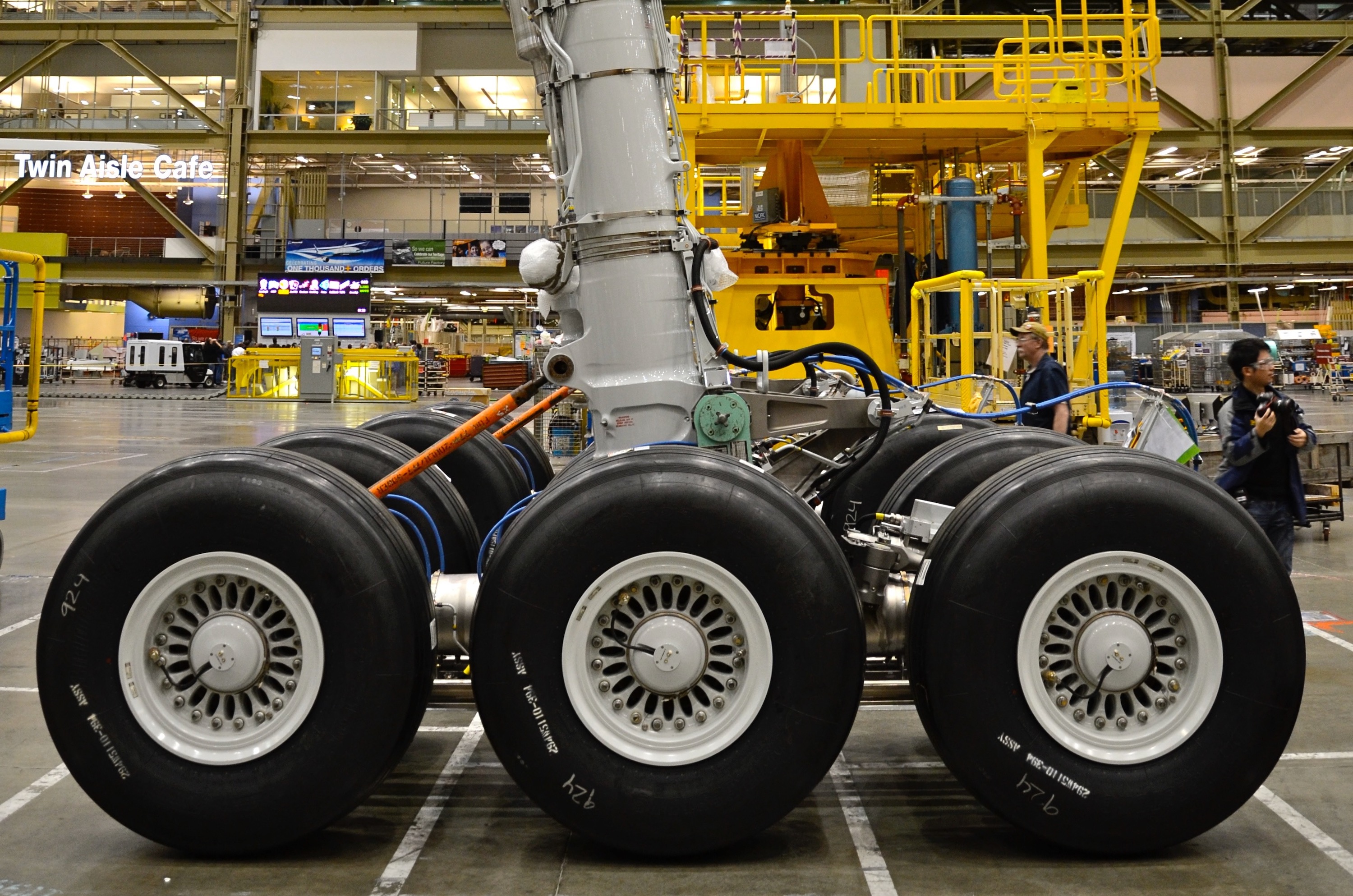Log-in here if you’re already a subscriber
In all the sweeping rhetoric and geopolitical posturing by both Russia and the western governments aiming to exact the most painful economic penalty for its invasion of Ukraine, one key sector – titanium, on which global aerospace manufacturing relies – has escaped any direct sanctions.
The list of Russian goods, industries, political leaders and oligarchs ensnared by western prohibitions is extensive. Russian cars, airlines, diamonds, vodka, caviar, banking, oil and gas are all under tight restrictions, even Russian President Vladimir Putin’s two adult daughters.
While there are a myriad other global sources of such highly-visible Russian exports, there are limited providers and infrastructure for titanium parts like engine components and landing gear forgings. Russia supplies more than 45% of the world’s aerospace titanium parts. Western aerospace’s reliance on Russia’s titanium has allowed the lightweight and durable metal to continue moving without explicit restriction, and a key Russian titanium magnate, Mikhail Shelkov, has also escaped sanctions.3
Related: Disconnecting Russia from aviation’s world order came gradually – then all at once
“The sanctions are punitive, but it seems like there are enough work-arounds and loopholes that it can’t be by accident,” said one aerospace supply chain manager who deals directly with material procurement and the industry’s effort to navigate the impact of sanctions and Russian counterresponse.
At the center of this is Russia’s aerospace titanium producer VSMPO-AVISMA, an arm of Rostec, the country’s state-owned arms company (itself under multiple sanctions). Its deep business relationships with the largest aerospace manufacturers have unlocked access to Russia’s airlines for Boeing, Airbus, Safran and Rolls-Royce through industrial cooperation encouraged by governments that brought Russian industry into the western aerospace manufacturing chain.
Still, even as Russia and the west (seemingly deliberately) leave titanium out of the economic fight, VSMPO has developed a sourcing strategy with its international subsidiaries that allows western companies to continue the flow of material out of Russia, adhering to the letter, if not the spirit, of the west’s broader economic prohibitions, according to those directly familiar and briefed on its thinking.
Continue Reading...Subscribe to Continue Reading
Our award-winning aerospace reporting combines the highest standards of journalism with the level of technical detail and rigor expected by a sophisticated industry audience.
- Exclusive reporting and analysis on the strategy and technology of flying
- Full access to our archive of industry intelligence
- We respect your time; everything we publish earns your attention


